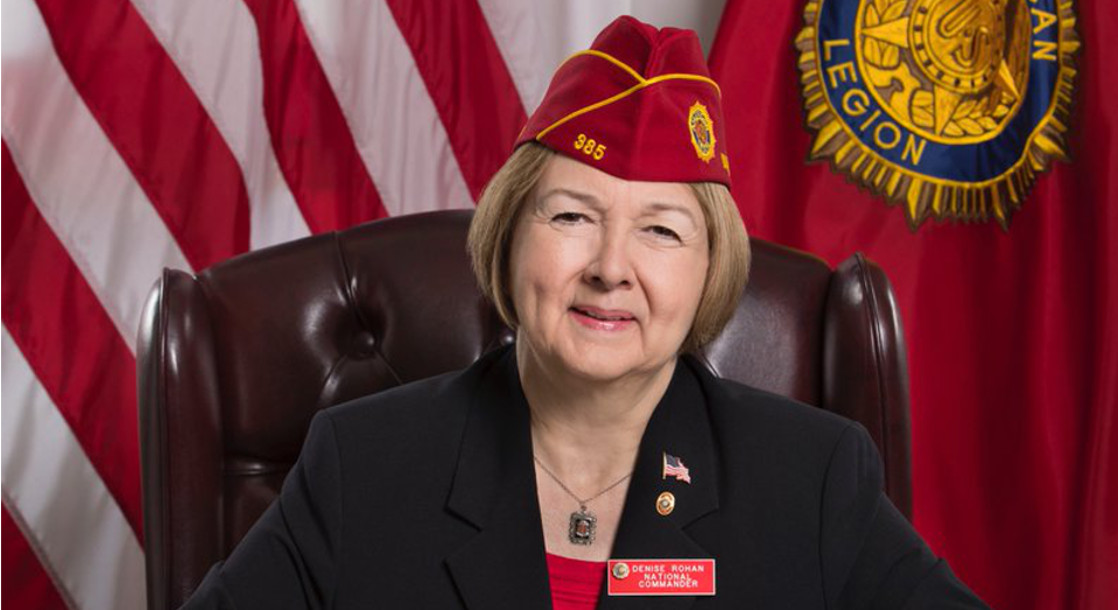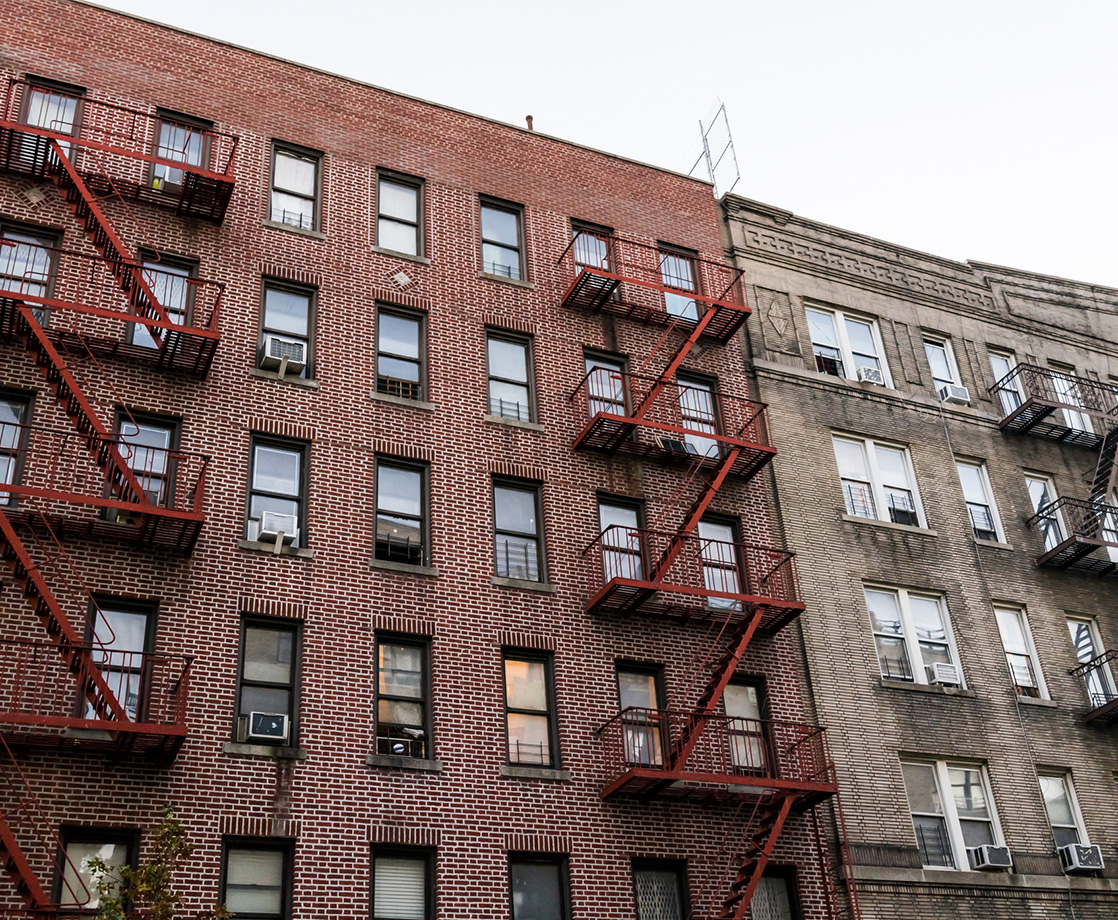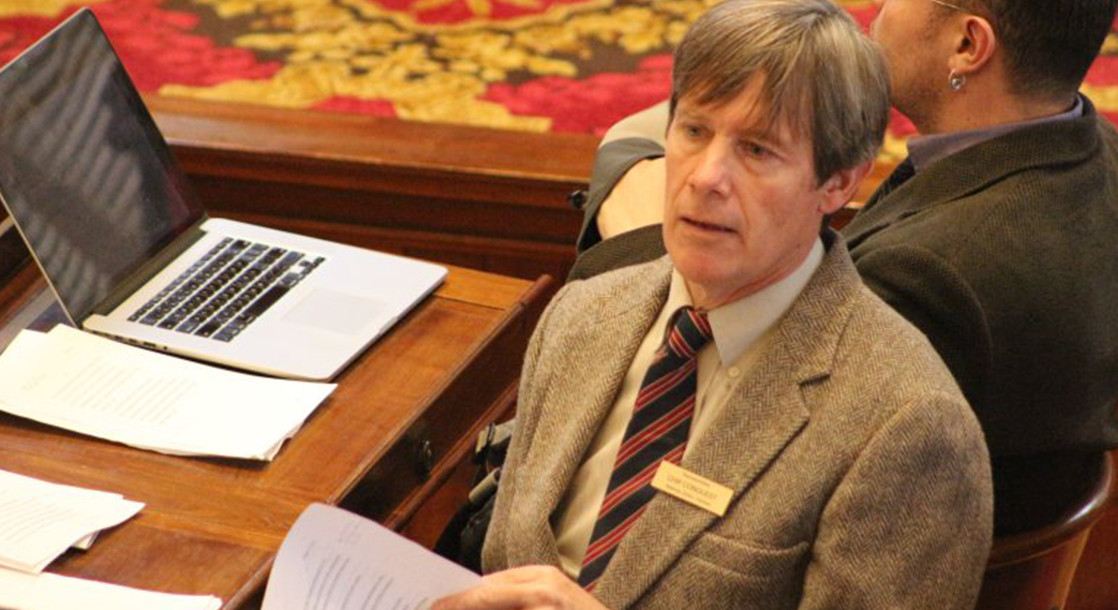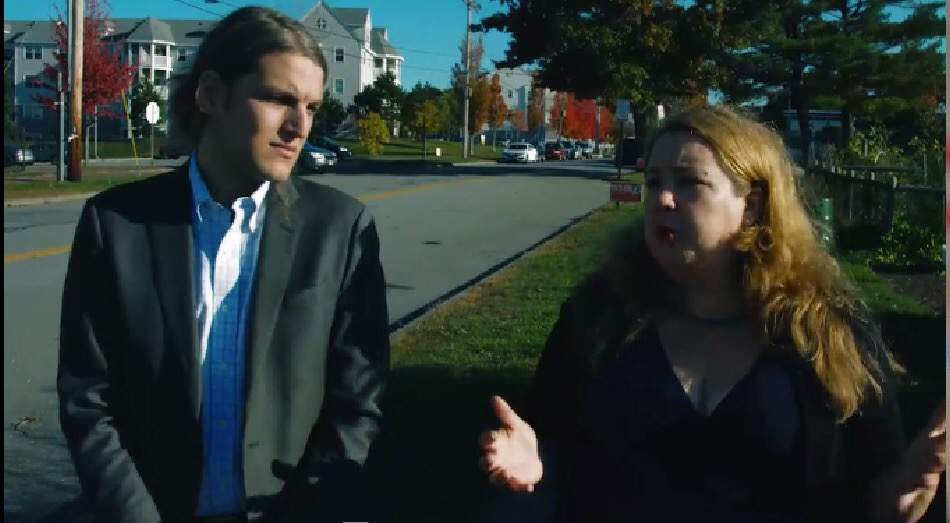This week, the American Legion sent a letter to the Department of Veterans Affairs asking for federal assistance in supporting an FDA-approved research study on cannabis and PTSD. The study is being conducted at the Scottsdale Research Institute in Arizona, in collaboration with the National Institute of Health and the National Institute on Drug Abuse.
The study is a placebo-controlled, triple-blind study to determine the effectiveness of four different potencies of smoked cannabis in 76 veterans suffering from PTSD. Phase one of the trial is almost complete, and researchers must now screen thousands of veterans to enroll an additional 50 subjects for the next phase of research. To accomplish this, the researchers require the assistance of the Phoenix VA hospital, which so far has refused to cooperate.
In August, lead researcher Dr. Sue Sisley wrote a letter to the American Legion asking for their assistance. “We will not be able to achieve this without your help,” Sisley wrote. “There is no way we’ll be able to complete this study without the Phoenix VA hospital opening their doors to us. I would urge you to consider endorsing the study as an organization, enabling us to have the momentum of the Legion behind the study.”
This week, American Legion National Commander Denise Rohan sent a letter to Department of Veterans Affairs Secretary David Shulkin, urging the department to step in and help the study proceed. “For more than a year, The American Legion has called on the federal government to support and enable scientific research to clinically confirm the medicinal value of cannabis,” Rohan wrote. “The National Academy of Medicine recently reviewed 10,000 scientific abstracts on the therapeutic value of cannabis and reached nearly 100 conclusions in a report issued earlier this year.”
“The research being conducted by the Scottsdale Institute is the first cannabis based research of its kind in The United States and could potentially produce scientific evidence that will enhance, improve, and save the lives of veterans suffering from post-traumatic stress disorder (PTSD),” the letter explains. “Many veterans have approached us to tell us that access to cannabis has materially improved their health and well-being. While their stories are very compelling, we need clinical evidence to have a fact-based discussion on the future of cannabis policy.”
Rohan explained that even though thousands of potential participants have been screened, the study requires 50 more participants. “The Phoenix VA is in the best possible position to assist by simply allowing principle investigators to brief VAMC medical staff on the progress of the study, and by allowing clinicians to reveal the existence of the study to potential participants,” Rohan wrote.
“Without the assistance of the Department, this study is in jeopardy of failing due to lack of viable test participants.”











